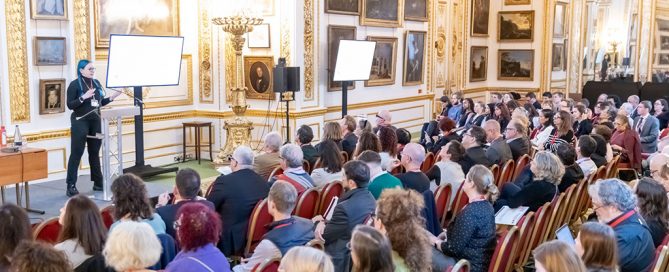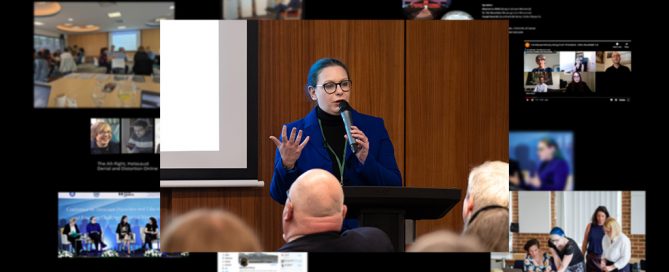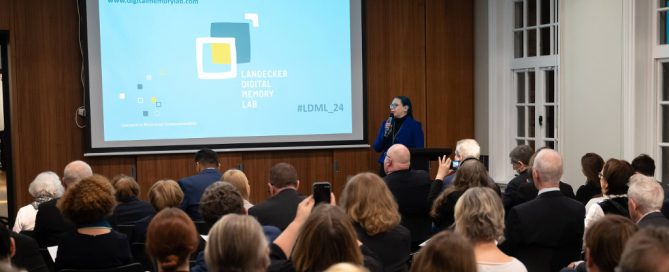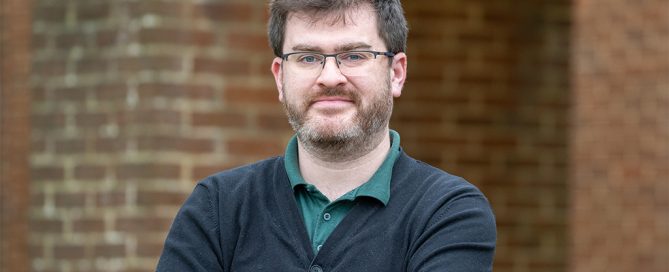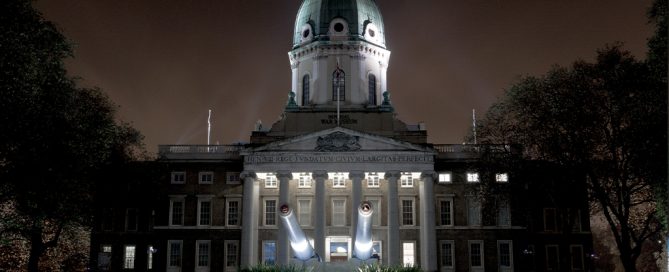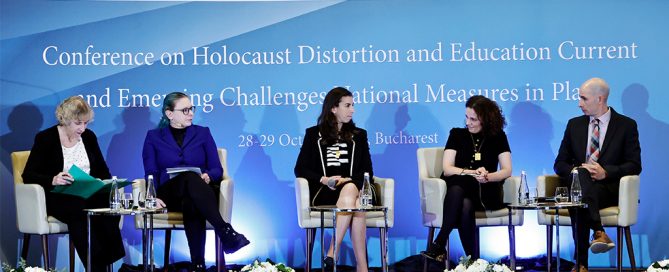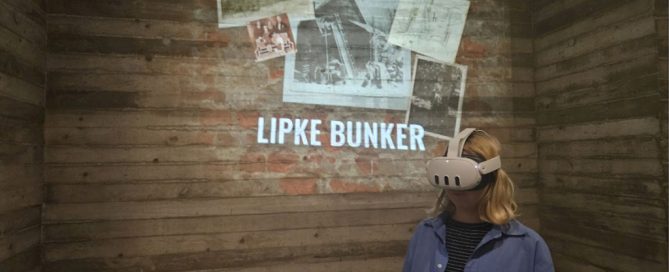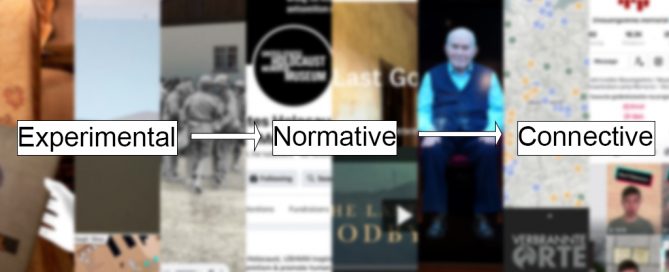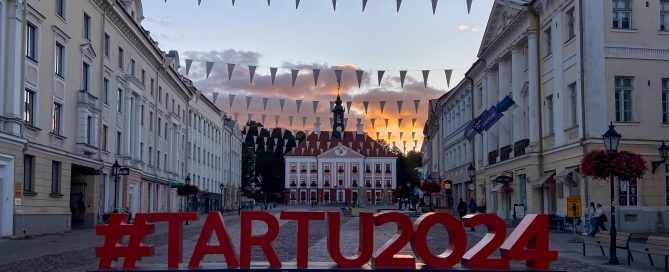10 key implications for AI in Holocaust memory and education
by Victoria Grace Richardson-Walden Our Lab Director has recently been engaging with delegates of the International Holocaust Remembrance Alliance about AI and Holocaust memory, tackling topics including mass digitisation of archival and historical material and the risks of distortion and disinformation. In this week’s blog she discusses what emerged from recent events organised by the IHRA, including our new policy briefing. I have had the pleasure to engage with the International Holocaust Remembrance Alliance (the IHRA) on two occasions in the last few weeks because under their UK Presidency in 2024, it has decided to focus on the significance of AI for Holocaust memory and education. Firstly, I spoke at an online AI workshop with approximately 70 people, organised by the IHRA's Education Working Group. Then, this past weekend, I presented the opening paper at the conference ‘AI in the Holocaust Education, Research and Remembrance Sector’ at Lancaster House, London. My role at these events was really to set the scene for those who are policymakers and Holocaust education and history experts, but less savvy about emerging digital technologies. At the core of my presentations was the question: what are the implications of AI for Holocaust memory and education in [...]
